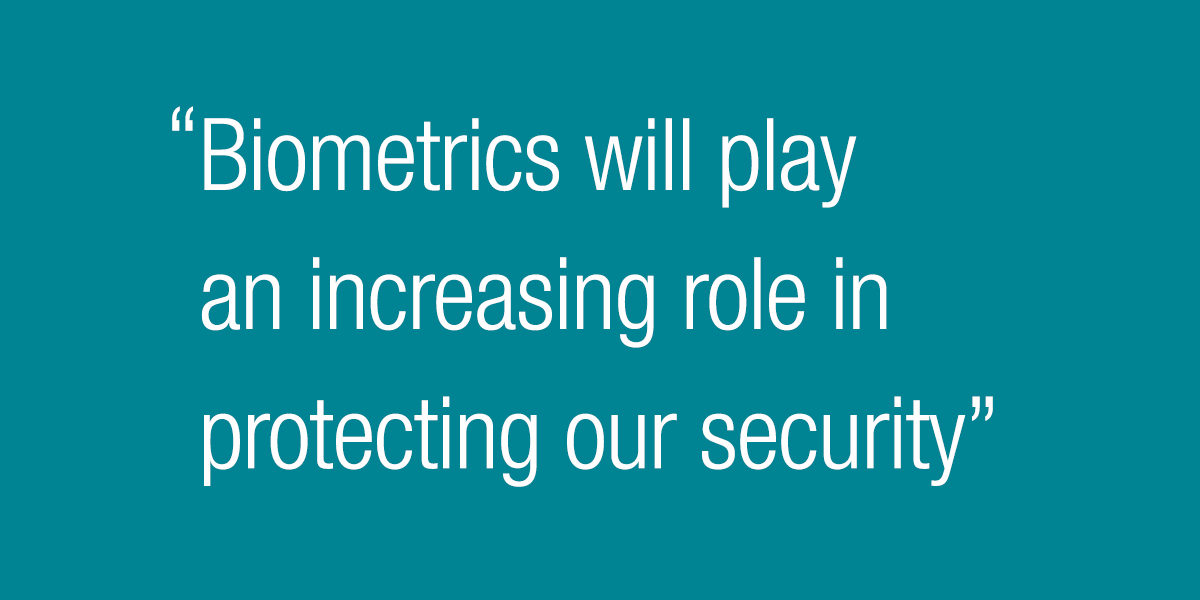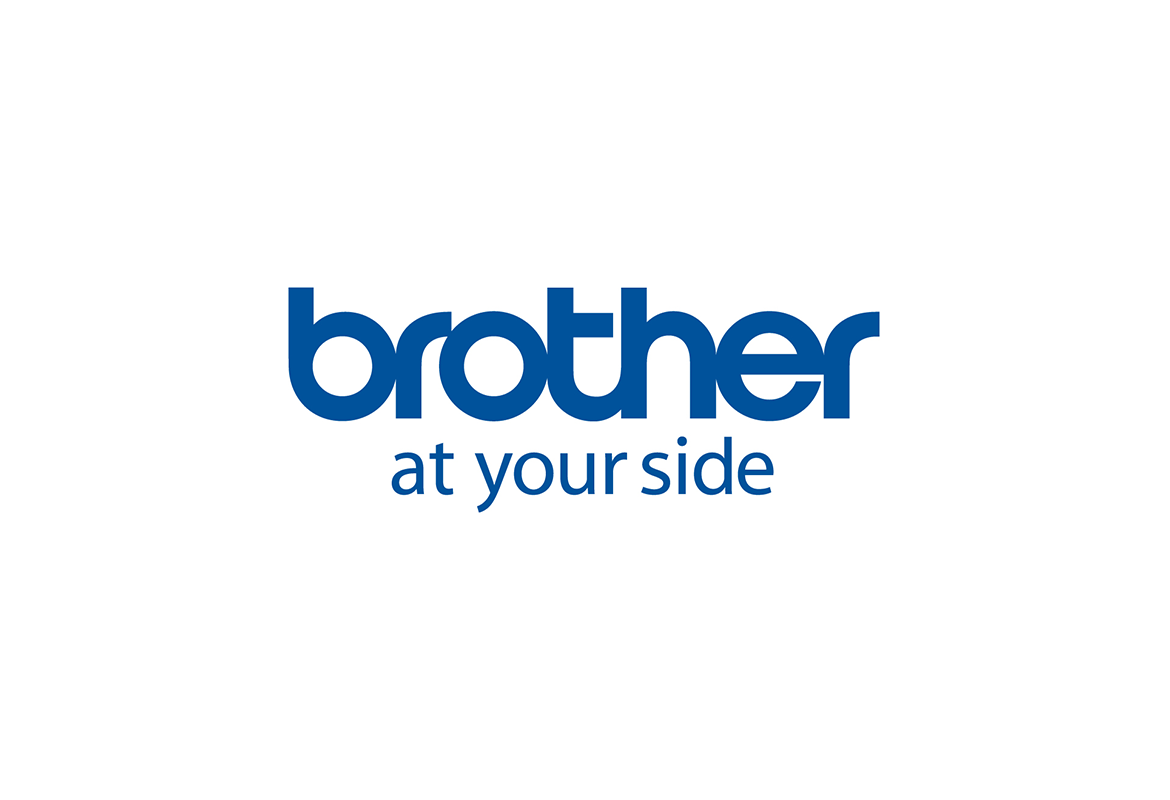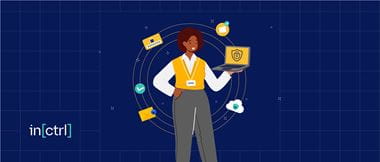
5 Technologies Which Could Revolutionise Small Business Banking
Innovation in the FinTech sector means small businesses stand to benefit from cutting-edge technologies.
Technology is rapidly transforming the way almost every department of a business operates, from market research, design and manufacturing, to management and internal communications, to distribution and customer service.
However, one essential business function that has been slower to change than many others is banking. This is understandable, as banks have always strived to be seen as dependable and well established – an image that can sit uncomfortably with new disruptive technologies.
However, that doesn’t mean banking is an area free from innovation, as these examples of five smart new business banking technologies show.
1. Mobile payments and mobile banking
For consumers, mobile banking is old news and a 2015 British Bankers’ Association report showed that smartphones and tablets are now the most popular way for people to manage their personal finances. For businesses, the same trend appears to be taking place and tablet apps are increasingly being offered with corporate accounts.
For example, HSBC’s mobile app allows business banking customers to manage accounts from their smartphones, being able to see current balances, view recent and scheduled transactions and make transfers between accounts.
While research shows that the business world is some way behind consumer banking – a 2016 report by Gartner found that only 18 per cent of businesses are completely comfortable with mobile banking – the benefits for smaller businesses in terms of increased flexibility and ease of day-to-day management are clear.
2. Biometrics
When it comes to business banking, there is one concern that comes above all others – security. In the push to make banking quicker, more flexible and more convenient, new tech applications are emerging to ensure anti-fraud protection isn’t compromised.
The key challenge is finding a way of identifying the person attempting to log in or make a transaction in a way that’s robust but not time consuming of frustrating for users. Biometrics - where users are identified by a physical characteristic rather than a remembered piece of information – could fit the bill.

Whether this is via a fingerprint scanner on a smartphone or through voice-print identification over the phone, the result is greater protection against fraud and a reduced burden on the customer to remember secure passwords.
With HSBC already allowing business customers to use selfies as part of its verification process for opening new accounts, it’s likely that biometrics will play an increasing role in protecting our security when making transactions online in the years ahead.
3. Blockchain
Bitcoin, the digital currency, has been widely discussed as a technology with the potential to revolutionise the world of finance. Blockchain is the global database system that underpins it, acting as a ledger to keep track of millions of transactions every day.
Recent developments suggest bitcoin and blockchain could soon make the jump from niche applications to mass market appeal.
Earlier in the year, Santander became the first UK bank to offer blockchain technology to its customers. It lets individuals make payments of between £10 and £10,000 through an app that bypasses a traditional bank account. There are no transfer fees, and money can be sent to 21 different countries.
This could be very attractive to a wide range of small businesses, especially those dealing with suppliers or distributors overseas.
4. Peer to peer finance technology
When it comes to seeking funding for your business, discussing a loan with your bank manager is no longer the only option.
Peer-to-peer lending, where borrowers take investments directly from lenders via a software platform rather than going through a bank, offers an alternative way of raising funds for businesses from sole traders to bigger companies. The technology has been around since 2005, but gained widespread attention following the 2008 financial crisis and the market has continued to grow steadily ever since.
Opinion on whether this will grow into a truly mainstream option for business lending varies. While the CEO of peer-to-peer platform Funding Circle says the company's ambition is to be lending $100bn (£82m) annually by 2025, a 2016 report from Deloitte concludes that peer to peer lenders "are unlikely to pose a threat to banks in the mass market".

However, the technology underpinning the process continues to evolve and increasingly sophisticated bidding platforms are allowing borrowers to reach a wider array of funders while letting investors enter investment pools where returns and risks are shared with others.
5. Digital-only banks
Since 2008, the Bank of England has made some significant regulatory changes which have made it easier for new banks to enter the market, and this has resulted in a number of challenger start-ups offering completely new banking models that have as much in common with social media as they do with traditional lending.
Monzo, for example, is a new bank launched in 2015 that customers can only access by smartphone. It aims to be the Facebook of banking, with a major emphasis on speed and ease of use.
The bank’s app offers functionality that bigger banks will struggle to match, such as real-time monitoring of transactions and analysis tools that allow customers to break down their spending by the type of product or service, or even the geographical location of purchases.
These could prove useful for sole traders and microbusinesses looking to get to grips with their finances, though only time will tell whether large numbers of businesses will have the confidence to bank with a startup.
Learn more about Brother's solutions for financial institutions on our professional services page.





